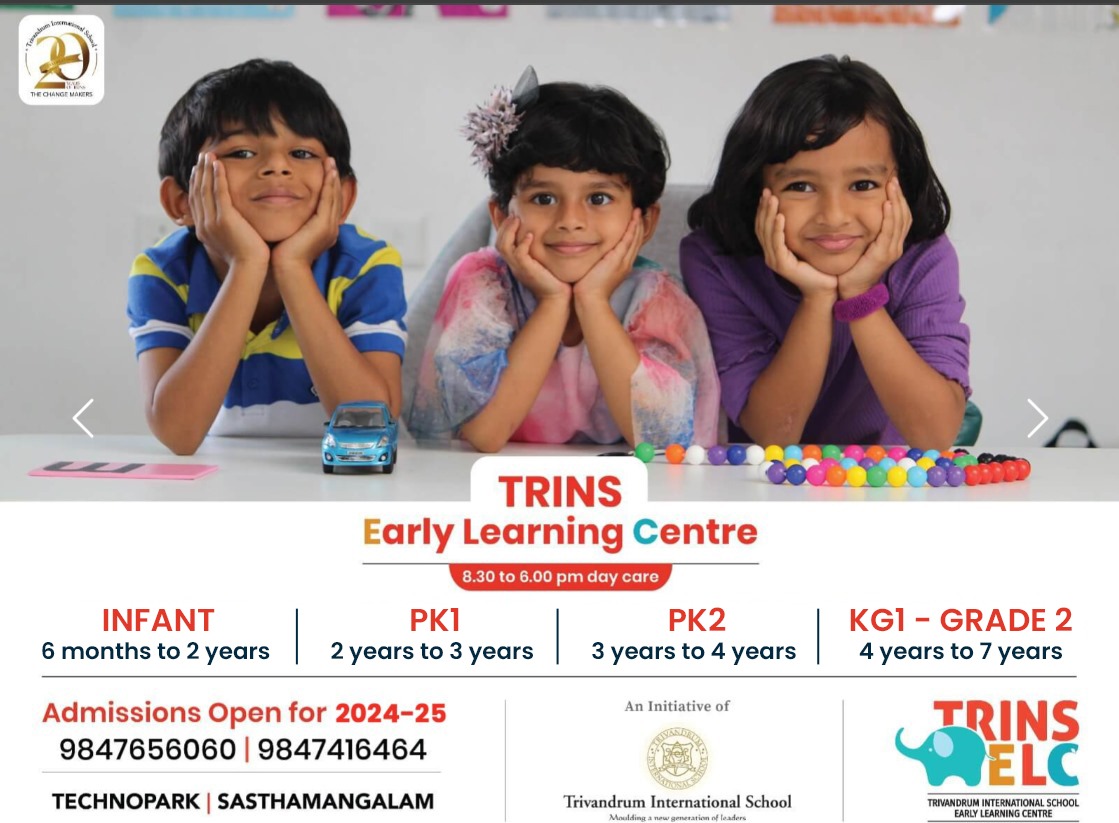


Building resilience: Helping toddlers bounce back from small failures

Life is full of challenges, and even from a very young age, children face small setbacks—such as not being able to stack blocks properly, spilling a drink, or not being chosen first in a game. While these might seem trivial to adults, such experiences can feel overwhelming to toddlers. However, these little failures are also valuable learning opportunities that lay the foundation for resilience.
Resilience is the ability to bounce back after setbacks, adapt to change, and persevere through difficulties. It is a vital life skill that will support children as they grow—in school, relationships, and beyond. Helping toddlers build resilience doesn’t mean protecting them from every frustration; instead, it means supporting them through it so they learn how to cope and grow stronger from each experience.
Why resilience matters in early childhood
During the toddler years, children undergo rapid emotional and social development. They are learning how to express their feelings, manage frustration, and interact with others. When they face small failures in a safe, supportive environment, they begin to understand that:
-
It’s okay to make mistakes
-
Emotions like disappointment or frustration are normal
-
Trying again is a natural part of learning
These early lessons form the building blocks of resilience and shape a child’s attitude towards future challenges.
How toddlers experience failure
Failure for a toddler might look like being unable to complete a puzzle, struggling to zip up a jacket, or knocking over a tower they have just built. These experiences can lead to frustration, tears, or even tantrums—but they also provide important moments to learn patience, problem-solving, and perseverance.
What truly matters is how adults respond in these moments. Gentle encouragement, a calm presence, and simple guidance can significantly influence how a child processes the situation.
Strategies to help toddlers bounce back
1. Normalise mistakes
Let your toddler know that everyone makes mistakes—even grown-ups. Phrases like, “That didn’t work, but let’s try again,” help them see that errors are part of learning.
2. Praise effort, not just success
Shift the focus from the result to the effort: “You worked so hard on that puzzle!” This helps children build persistence and develop a growth mindset.
3. Model resilient behaviour
Demonstrate how you handle setbacks in daily life. Whether it’s dropping something or forgetting a task, calmly discussing how you solve the problem shows children how to respond positively.
4. Encourage problem-solving
Ask open-ended questions like, “What could we try differently?” to help children move from frustration to constructive thinking.
5. Offer comfort, not rescue
It’s natural to want to fix things for your child, but allowing them to face small challenges—with support nearby—helps them develop coping skills. A reassuring “I’m here if you need help” and a comforting hug can be more powerful than stepping in too quickly.
Supporting lifelong resilience
Resilience isn’t something toddlers are born with—it is something they build over time through consistent support, encouragement, and space to learn from their own experiences. It allows them to face life’s inevitable bumps with greater confidence and emotional strength.
At TRINS Early Learning Centre (ELC), we are committed to nurturing confident, capable children who approach challenges with curiosity and courage. By helping toddlers develop resilience early, we give them a lifelong gift—the ability to bounce back, keep going, and thrive no matter what life brings.





